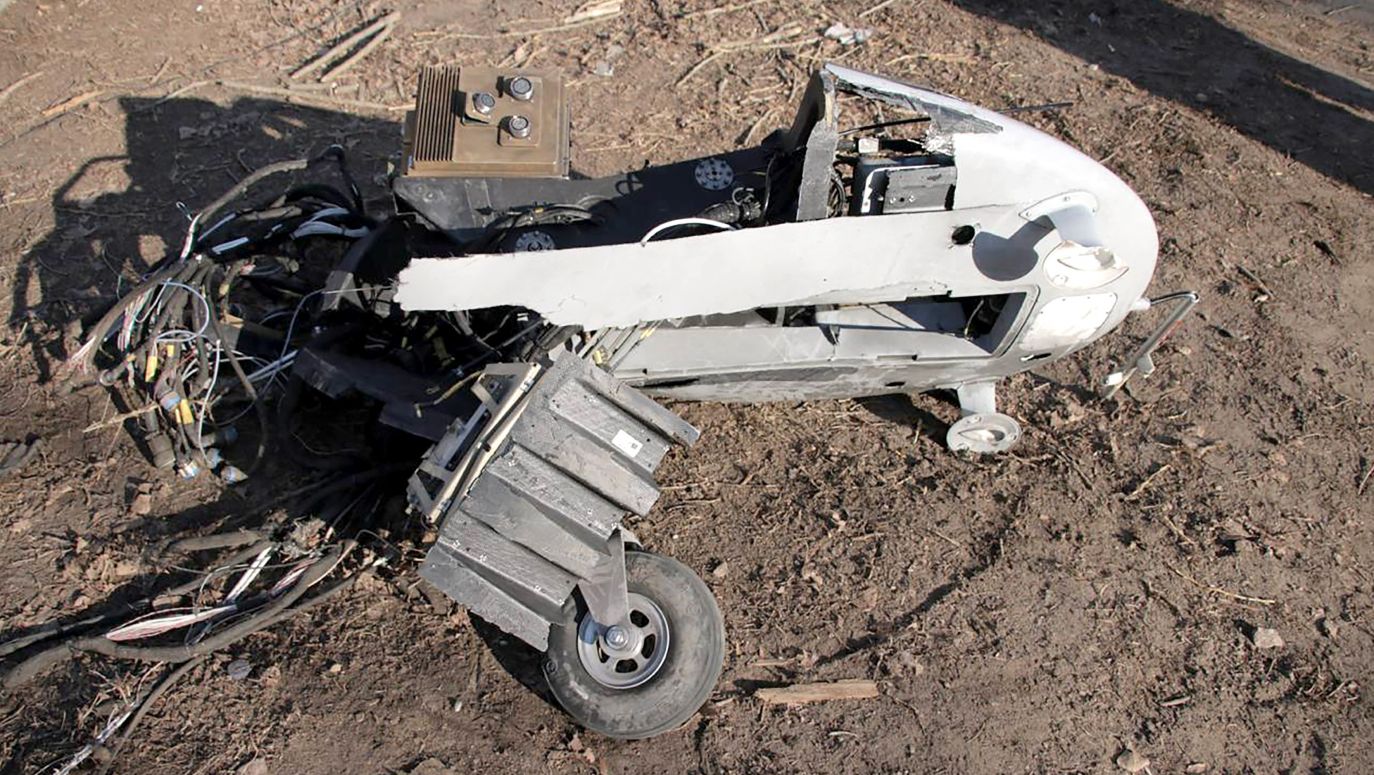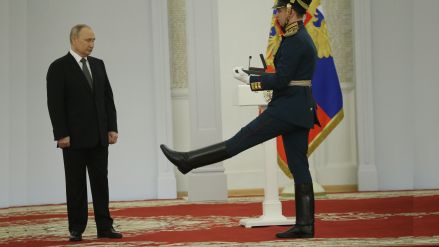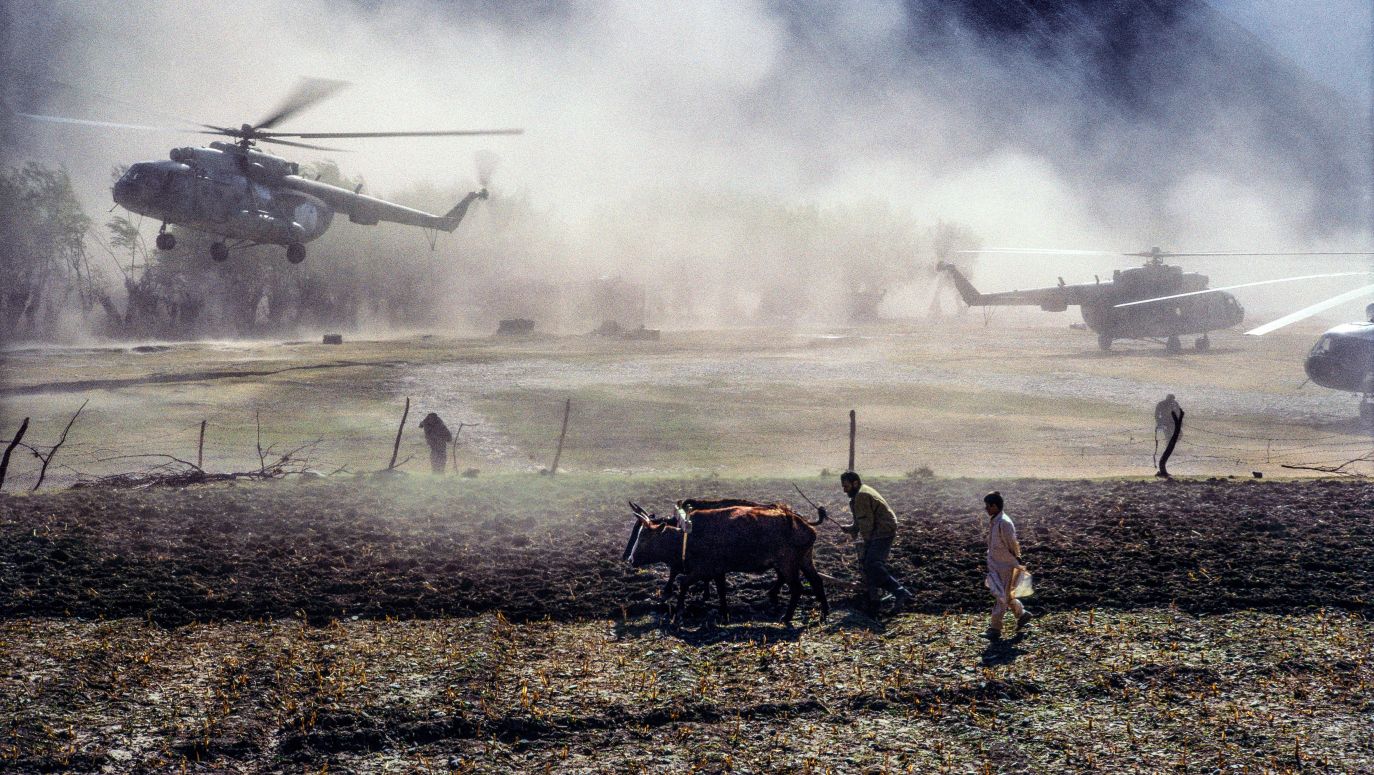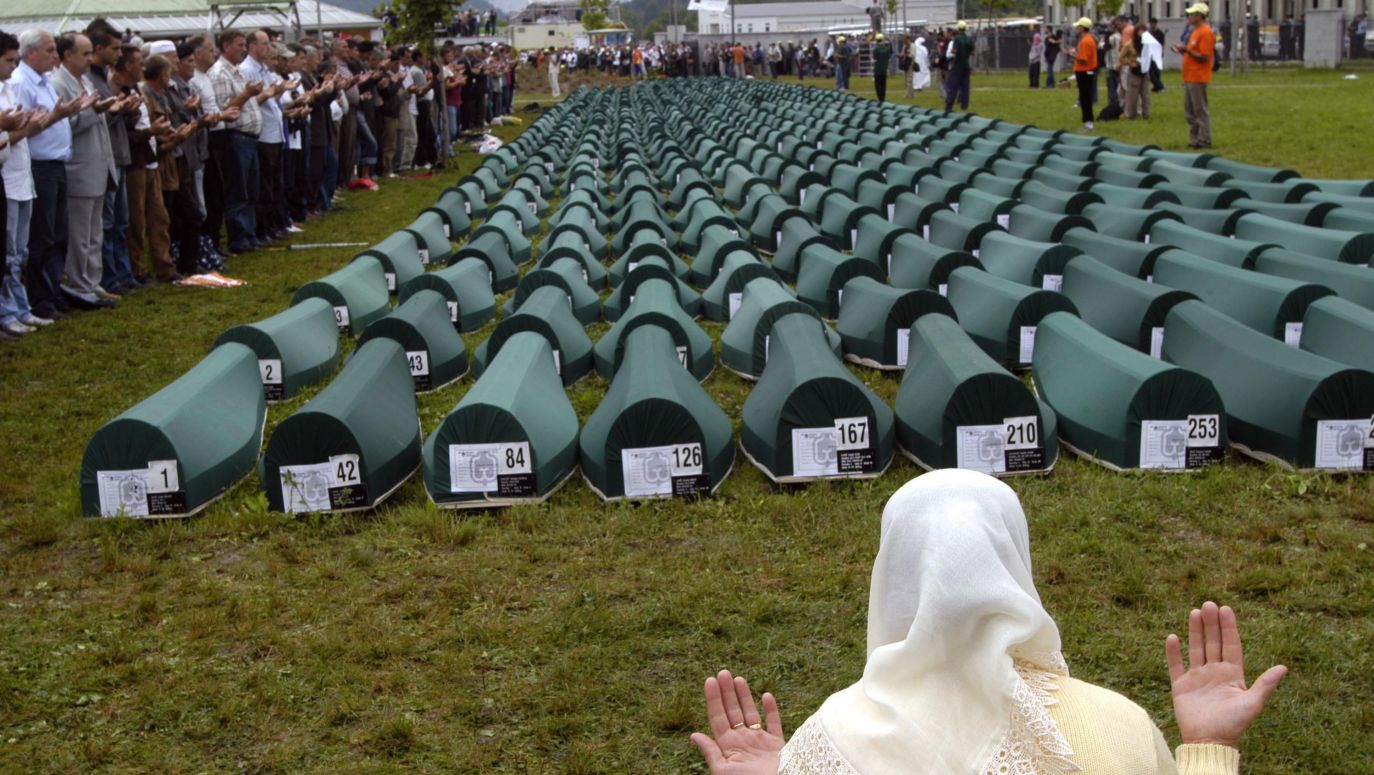TYGODNIK TVP: “If you want peace, prepare for war.” Vegetius’s words have often been repeated since the start of the current war in Ukraine. Is this still true in your opinion?
PIOTR GURSZTYN: I think that peace should generally prevail, and not war. But there is this ancient Roman saying. The lesson of history teaches us that the weak fall to the aggressor. Being an aggressor is not compulsory, but weakness encourages the aggressor. Having armed forces should deter any potential aggressor and in this sense the old Roman saying still holds true.
If we look on the war in Ukraine form a historical perspective, as you mentioned, what is this war like? How can we define it?
This is a war on a gigantic scale. It’s the first symmetrical war we have seen for long time.
We’ve seen asymmetric wars of late. This is where one side is a highly developed
country employing modern technology and resources and the opposing side consists of warriors, terrorist or guerillas. Here we see two developed countries. One, at least formally is the second ranked army in the world, namely Russia. Ukraine has a population of 44 million, a large army although ranked at thirty in the Global Firepower Index, at least since the start of the war. It resembles the war in Korea or the Second World War rather than the Gulf War or the Afghanistan conflict which we have observed.
Russia is a nuclear power so we cannot include it as part of the Third World, despite having many self-inflicted domestic problems, in many spheres of life. But it is a country that is somewhat highly developed and so it is dangerous. According to the rankings, Russia possessed the second most powerful army in the world, but luckily for us the army had remained neglected. It has a large number of pathological traits and habits- corruption or theft and this has enabled Ukraine to mount a successful defence. This does not alter the fact, that Russia is still a very important and dangerous force.
 SIGN UP TO OUR PAGE
SIGN UP TO OUR PAGE  What are the similarities between the current war in Ukraine and those which we know from history?
What are the similarities between the current war in Ukraine and those which we know from history?
I can see more similarities than differences. Obviously the military technology has evolved. There are newer weapons systems and possibilities. But the most fundamentally important weapon that will decide the outcome on the Ukrainian front is artillery, as in the First World War and centuries ago. There are figures that show that 90 percent of Ukrainian wounded have been as a result of enemy artillery fire. I’ve also seen some estimates that between 60 and 70 percent of fatal casualties on both sides is the result of artillery. We have to remember that artillery has a new pair of eyes- unmanned aerial vehicles, commonly known as drones. There are radar systems that allow the plotting of enemy artillery fire from a considerable range. This has not been possible until now.
You have spoken about the similarities, but what about the differences?
The differences are in the use of new equipment. But these differences are quite few in number. There’s more use of electronics, particularly by the Ukrainians, the use of drones that can observe even the smallest enemy unit. As for other weaponry, I cannot see any surprises. There’s the classic use of armoured forces or rocket artillery.
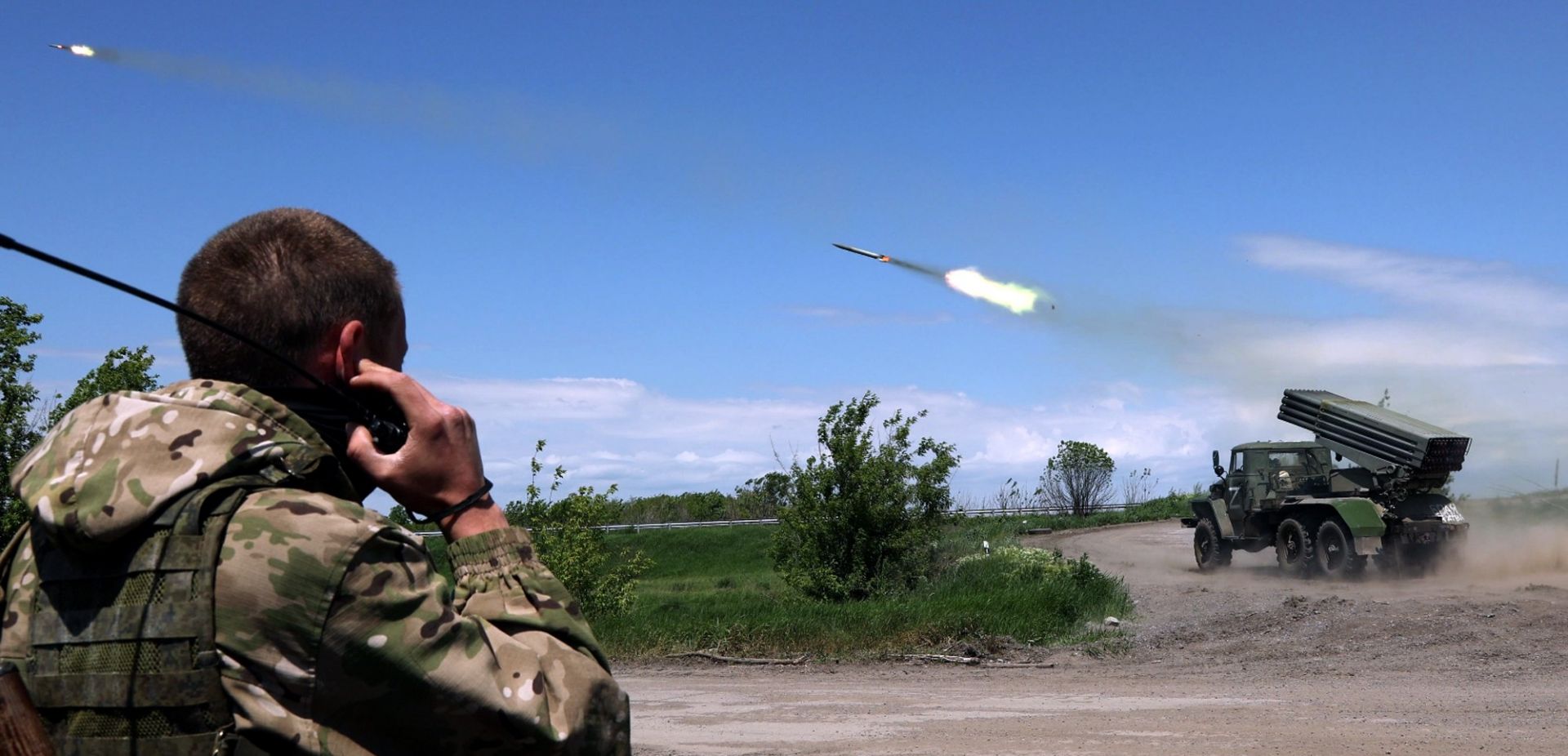
 SIGN UP TO OUR PAGE
SIGN UP TO OUR PAGE 
